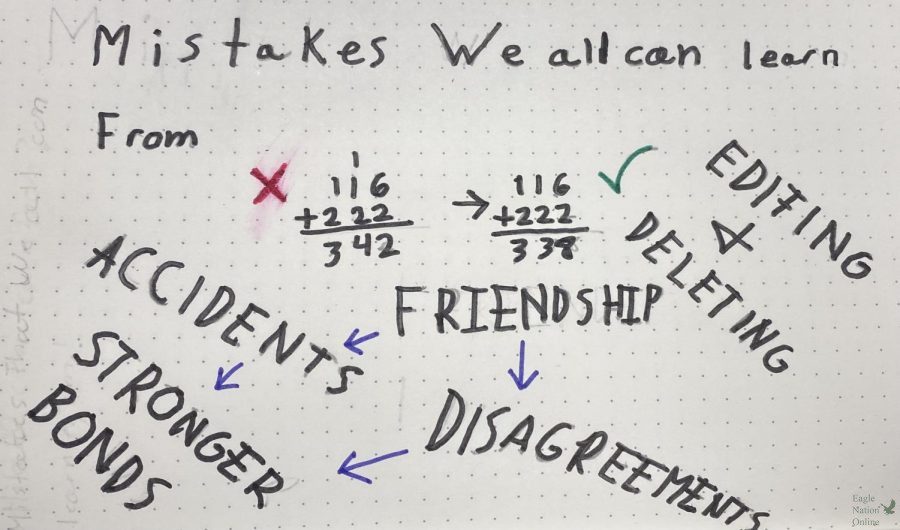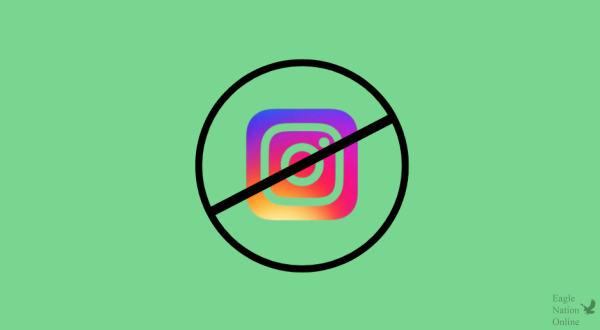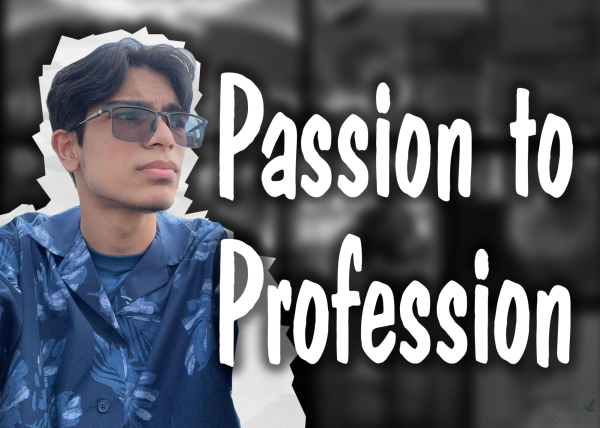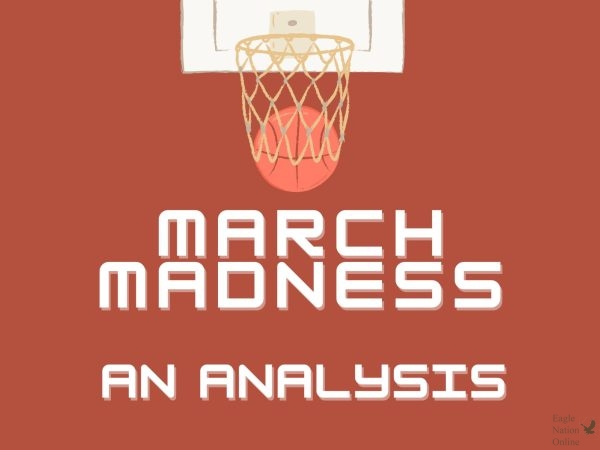Column: Mistakes allow us to grow, improve relationships
In a graphic created by senior Michael Ramirez, typical mistakes claim the space. Mistakes made everyday can include math problems, arguments between family and friends, and edits on essays. “Learning from our mistakes is something everyone should start doing,” Ramirez said in his attached column. “The challenge is being able to take our mistakes head on and learn the most of them.”
Everyone makes mistakes. Personally, I miscalculate, misinterpret, edit and delete more than I should when I write, and I disagree and fight with friends that I love. We all make mistakes, and it’s okay.
As people continue to grow, we often edit and erase to get rid of the mistakes in essays we present or projects we turn in for a grade. While this is commonly found in students’ lives, this can also be seen in the adult world, shown by the use of vocabulary or grammar correction apps to make written works seem more professional. This includes Grammarly, which is considered a “powerful grammar checker” by Become a Writer Today. This helps businesses to be more professional and communicate better, by fixing the mistakes that we all make almost every day.
However, the drawback of this action is the loss of information, when we let a computer fix our grammar mistakes instead of us fixing them ourselves we never actually learn from it.
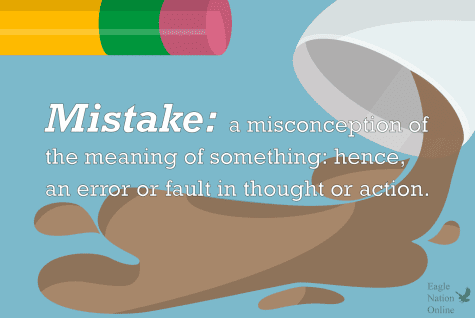
Is using editors and websites to fix our mistakes such a bad thing? No, but the hidden gem in everyone making mistakes is the realization that we are all human and are born imperfect, but also how we all can learn from them all. Mistakes are often given the stigma that they must be fixed, and we should not make mistakes. However, if we continued to follow this concept, we could miss out on all of the information that comes from making mistakes.
For example, math students are often faced with questions that they solve incorrectly rather than correctly on their homework. While some students return with the same amount of knowledge from when they first left the classroom, others enter the classroom having a higher understanding of the concept. Are they all of a sudden math geniuses? According to Teach Thought, they, like other students, have struggled and got questions incorrect, but they looked deeper into why they have their question wrong, made an adjustment and carried that adjustment through the rest of the practice.
In society’s day-to-day life, misheard sentences or irrational decisions seem to bring the influence. While mistakes may exist that cannot be forgiven or worked through, plenty can be prevented or solved by avoiding miscommunication or a misunderstanding. They occur on a semi-regular basis – and often lead to fights. Yet, the act of individuals sitting down and talking through the problem fosters new bonds that can carry relationships through the other struggles that they could face.
Society continues to view mistakes as horrible ideas, and this promotes perfectionism. We are all human, and we all make mistakes. Yet, instead of looking at our past mistakes and seeing how we can grow as a person from them, we often hide them, hoping to trick ourselves and others into believing we are perfect. We all have room to improve and become the best version of ourselves, and the best way to start is by looking at our mistakes – and learning from them. From insignificant accidents to life-changing errors, we need to face them in our everyday lives.
We should all want to be the best versions of ourselves. To do so, we must start with accepting our mistakes and addressing them in meaningful ways.
Your donation will support the student journalists of Prosper High School. Your contribution will allow us to purchase equipment and cover our annual website hosting costs.


Julia is a senior at Prosper High School. She was born in South Korea but had lived in Vancouver, Canada, for three years before moving to Prosper in the summer of 2019. This is her second year on staff. She works to improve design elements of each page of the website. Julia designed ENO's nameplate for this year. She is also the Vice President of the National Art Honor Society. Julia hopes to major in graphic design or art therapy. Click HERE to view her portfolio.
Honors & Awards:
1 Best of SNO publication
Academic All-State Prosper HS Men's Soccer, 1st Team 2022
Texas Association of Journalism Educators (TAJE) Best of Texas, "Excellent" in Photo Gallery, 2022
Texas Association of Journalism Educators (TAJE) Best of Texas, "Honorable Mention" in Photo Gallery, 2022
Visual Arts Scholastic Event (VASE) Texas Art Education Association (TAEA), 6 medals 2019, 2020, 2022
Association of Texas Photography Instructors (ATPI) Fall Photo Contest, 2 Honorable Mention in "Travel" 2020, 2021
Prosper High School Student of the Month, "AP 2D Design & National Art Honor Society" November 2021
Prosper High School Student of the Month, "Newspaper Graphic Design" October 2021
Prosper High School Academic Awards, "Graphic Design & Illustration II" Student of the year 2021
Quill & Scroll Writing, Photo & Multimedia Contest Awards, 3rd place in "Profile Portrait" 2020
Association of Texas Photography Instructors (ATPI) Fall Photo Contest, Honorable Mention in "Travel" 2020
Burnaby Mountain Secondary School Top Student of Fine Arts Award 2018, 2019
Prosper HS Men's Soccer 2022, Manager
National Art Honor Society 2019-present, Vice President
National Honor Society 2020-present, Member
Mu Alpha Theta 2021-present, Member
Science National Honor Society 2021-present, Member
Psi Alpha Psychology Honor Society 2021-present, Member
Rho Kappa 2021-present, Member
Diverse & Inclusive Society 2021-present, Member
Adobe Illustrator Certificate 2020
Adobe Photoshop Certificate 2019



